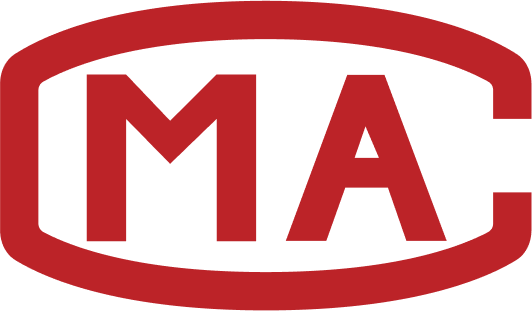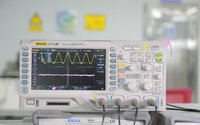How to Select Salt Spray Test Rating Standards
Date:2023-06-16 14:48:14Views:249
Salt spray testing is one of the commonly used methods in reliability testing of electrical and electronic products, which can evaluate the tolerance and reliability of products in salt spray environments. The salt spray test rating standard is an important basis for evaluating test results, so it is necessary to choose an appropriate rating standard based on the actual situation and testing purpose of the product. This article will discuss the selection of salt spray test rating standards.
Firstly, when selecting the salt spray test rating standards, it is necessary to consider the type and application field of the product. For example, automobiles and aerospace spacecraft need to withstand various harsh environmental conditions, thus requiring higher durability and stability. For such products, international standards such as ISO 9227-2017 are usually used for salt spray testing ratings. For daily use of hardware tools and electrical products, corresponding industry standards such as ASTM B117 are generally adopted.
_20230616144443_629.jpg)
Secondly, it is necessary to consider testing methods and conditions. Different testing methods and conditions can have a certain impact on the test results, so it is necessary to ensure that the testing methods and conditions meet the requirements of the actual product usage environment. For example, the ASTM B117 standard requires 96 hours of testing at 35 ℃ for hardware tool products, while ISO 9227-2017 includes 120 hours and 240 hours of testing for automobiles and aerospace vehicles.
In addition, for different levels of salt spray test rating standards, it is necessary to understand their specific testing requirements and the significance of test results. For example, ISO 9227-2017 includes four levels of testing, namely NSS, AASS, CASS, and CASS+. NSS testing is the most basic testing, suitable for general materials and products. CASS+testing is the highest level of testing, suitable for highly demanding professional fields such as aerospace. For different levels of test results, it is necessary to conduct a reasonable evaluation based on the characteristics and application scenarios of the product.
In summary, the selection of salt spray testing rating standards requires full consideration of product types and application fields, testing methods and conditions, as well as different levels of testing requirements and results significance. Only on the basis of reasonably selecting rating standards can accurate evaluation and effective reference of product performance be obtained. Chuangxin Testing is a professional testing institution for electronic components. Currently, it mainly provides integrated circuit testing services such as capacitors, resistors, connectors, MCU, CPLD, FPGA, DSP, etc. Specializing in functional testing of electronic components, appearance testing of incoming electronic components, anatomical testing of electronic components, acetone testing, X-ray scanning testing of electronic components, and ROHS composition analysis testing. Welcome to call, we will be happy to serve you!




 Weixin Service
Weixin Service

 DouYin
DouYin
 KuaiShou
KuaiShou




















